Traveling to new places brings excitement, discovery, and the chance to collect memorable souvenirs. But sometimes what seems like a harmless keepsake can land you in trouble with customs or local law. Many countries enforce rules to protect the environment, cultural heritage, agriculture, and biodiversity. Whether it’s shells from a beach, a souvenir carved from endangered wood, or fresh produce stuffed into your bag, what you bring home can have unintended consequences. Knowing these rules ahead of time not only helps you avoid fines and confiscation but also shows respect to the places you visit. Here are twelve items commonly restricted in one or more countries and safe alternatives you should consider instead.
1. Sand, Pebbles, and Shells
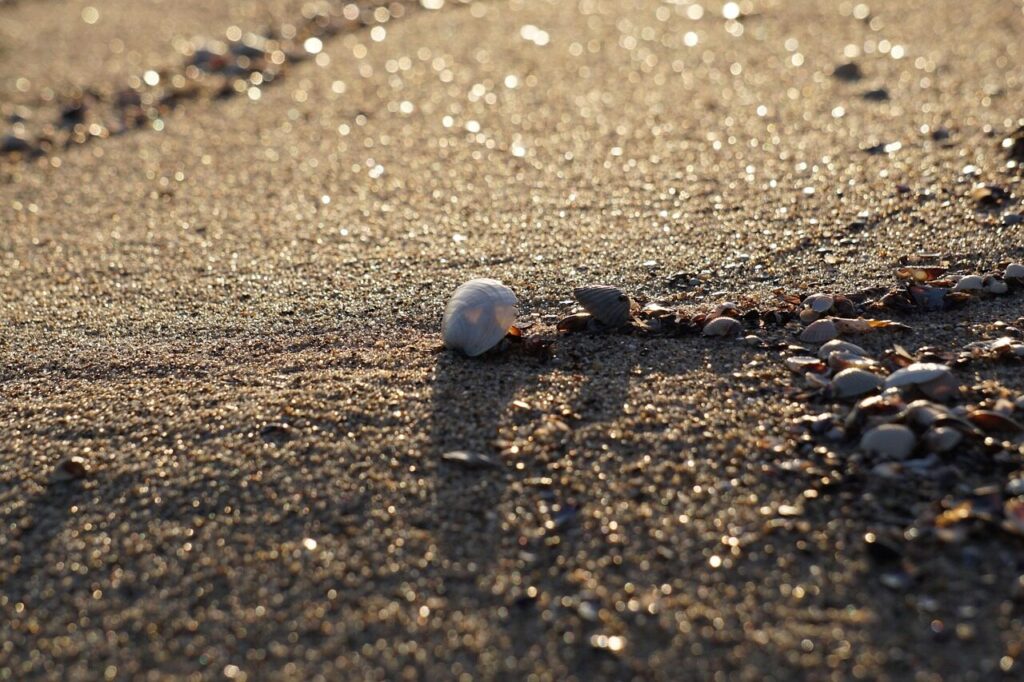
Collecting sand from a beach or shells from the shoreline may feel like a simple memento, but in many places it is illegal. Regions with fragile coastlines or marine ecosystems restrict the removal of natural materials to prevent erosion, habitat damage, or loss of biodiversity. Some destinations have imposed hefty fines for taking even small quantities of sand or pebbles. Rather than risking legal trouble, consider purchasing certified souvenirs or simply taking photographs to capture the moment.
2. Ancient Artifacts and Pottery
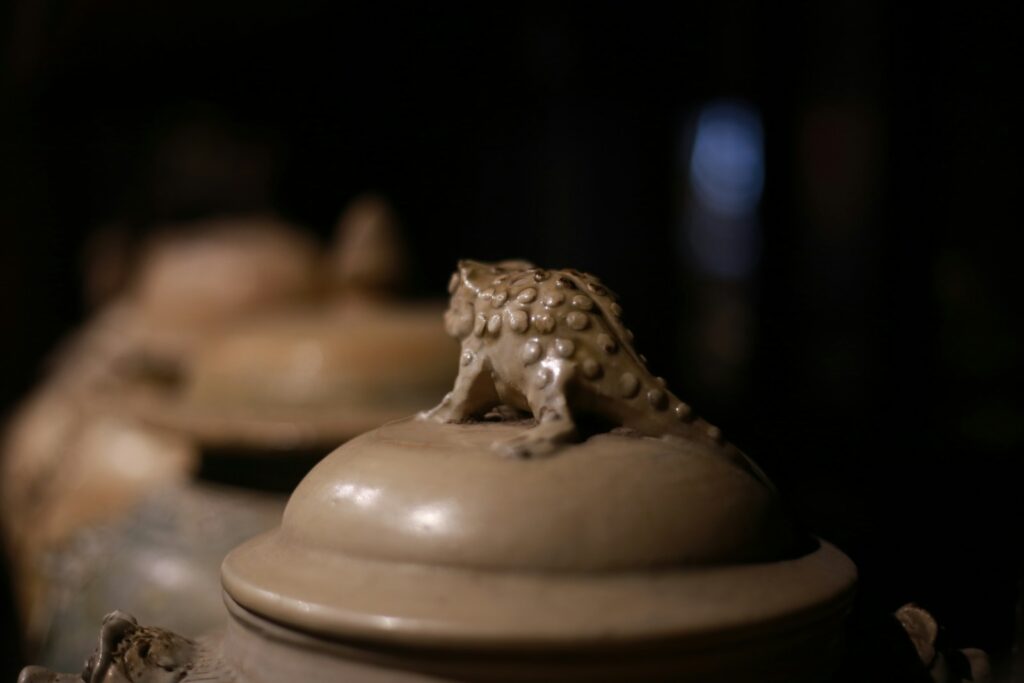
Items that appear to be historical relics, such as pottery shards, coins, or statues, are often protected by national heritage laws. Countries like Egypt, Peru, and Turkey classify many of these objects as cultural property and restrict their export without proper permits. Even if the seller assures you a piece is collectible or legal to take home, you could face confiscation or penalties if documentation is missing. Buying officially licensed replicas is a safer way to honor local culture.
3. Sacred Statues and Cultural Icons
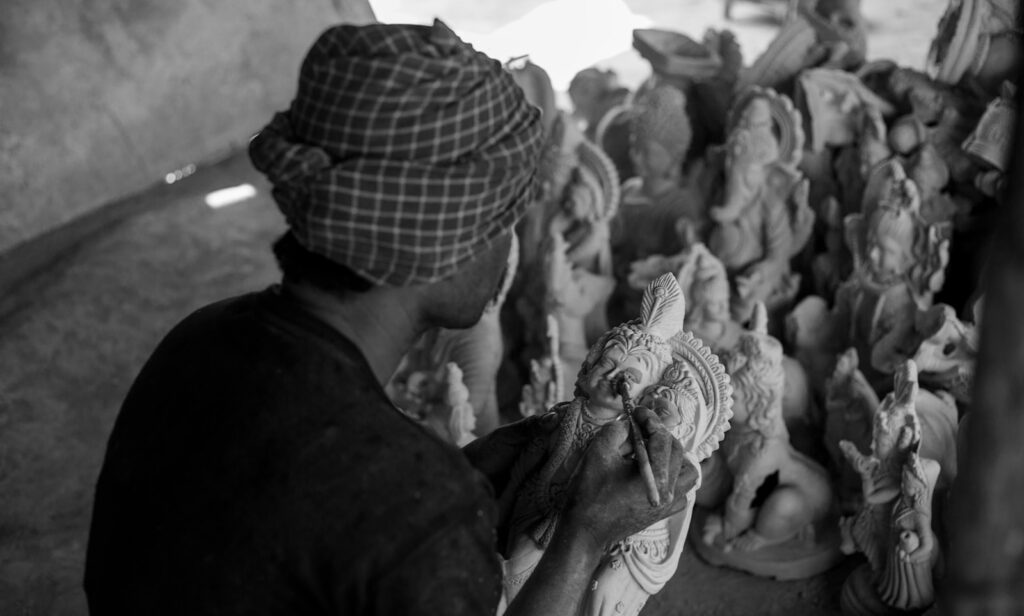
Small statues or religious icons might seem like thoughtful gifts, but in some countries, they are considered sacred objects that cannot be exported legally without specific permission. For example, a minor appearing statue of a religious figure may carry cultural significance and fall under export bans. When in doubt, select items clearly labeled as reproductions or made for export rather than authentic religious artifacts.
4. Coral, Tortoiseshell, and Ivory Items
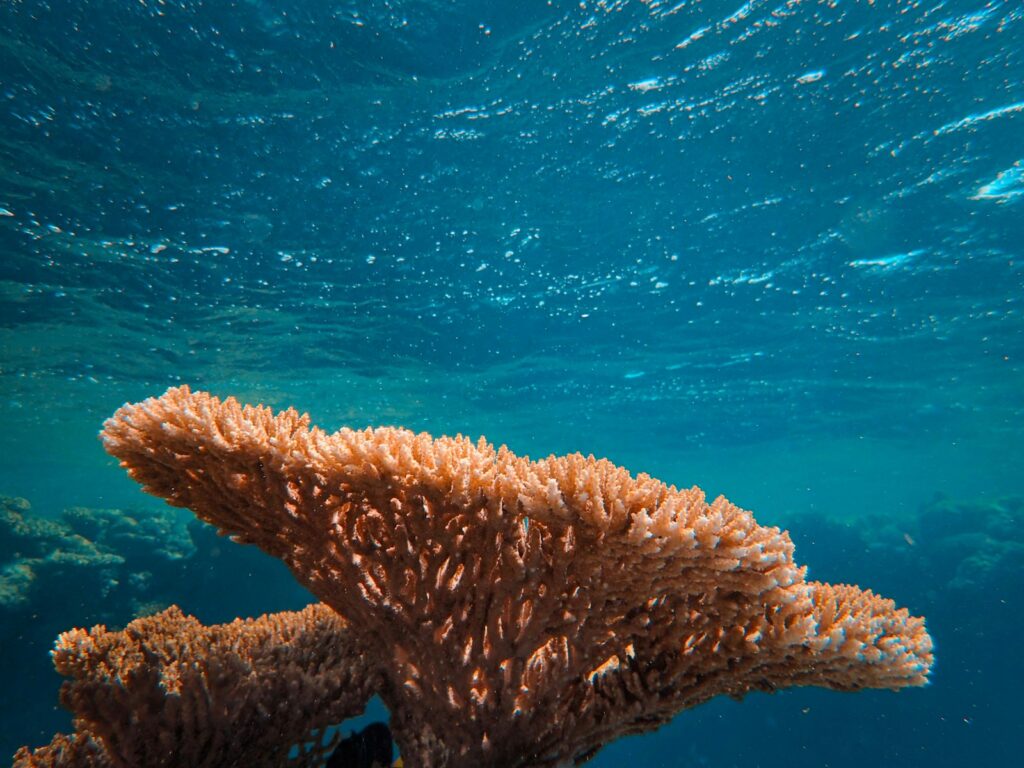
Jewelry or ornaments made from coral, tortoiseshell, or ivory may be beautifully crafted, but these materials are often derived from endangered species and protected under international treaties. Customs officers in many countries regularly seize such items unless they have the appropriate verification. Even if your seller claims the item is antique or legal, it may still be prohibited. Choosing ethically sourced alternatives helps protect wildlife and keeps your travel memories trouble-free.
5. Fresh Meat, Fruit, and Seeds
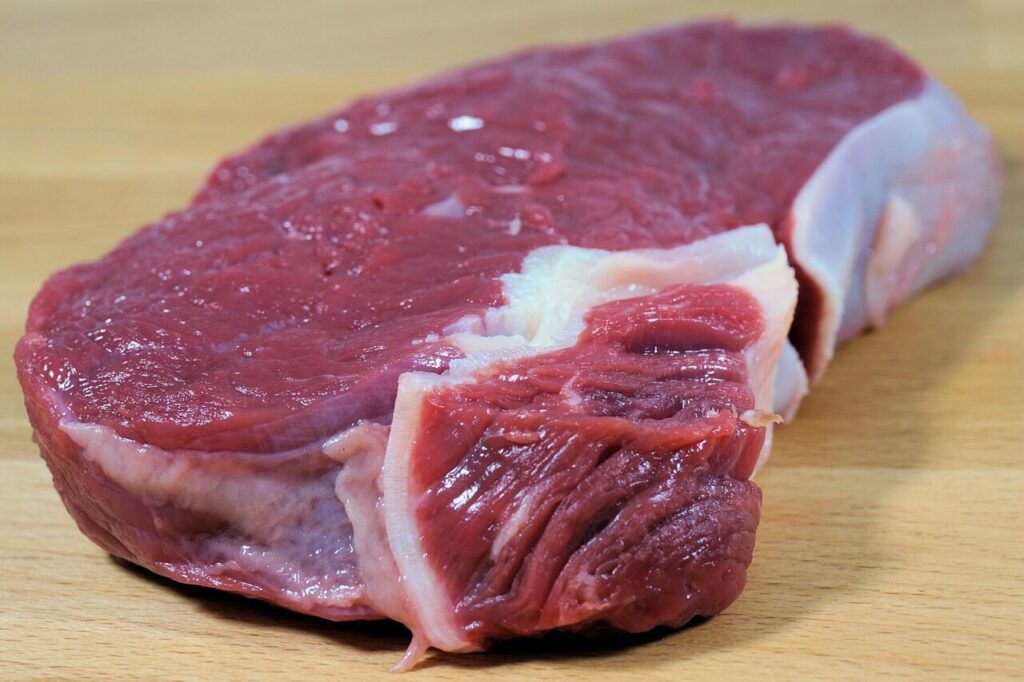
Agricultural products like fresh meat, fresh fruit, seeds, or plants can carry pests, diseases, or pathogens that threaten crops and ecosystems abroad. Many countries strictly enforce bans on bringing in undeclared food or seeds. For example, if you carry fruit or cured meats as souvenirs, you may face fines or confiscation upon arrival. A safe approach is to purchase commercially sealed or processed items approved for export and always declare anything questionable on your customs forms.
6. Meat and Dairy Products Into the EU or UK

Even if you are simply bringing back home a favorite snack from abroad, meat and dairy items may not be allowed. The European Union and the United Kingdom impose strict rules on the entry of meat, dairy, or food items from non-EU countries to prevent disease outbreaks. Whether store-bought or homemade, these products can be confiscated and trigger fines. The safest option is to buy locally produced ones after arrival or choose goods certified for international travel.
7. Counterfeit Designer Goods

An attractive deal in a market might seem harmless, but counterfeit luxury items are illegal in many jurisdictions. These goods infringe intellectual property rights and can be seized by customs on import or export. Traveling with a fake designer handbag, watch, or clothing item might result in penalties or loss of the item. Supporting genuine local artisans or authentic brands ensures your purchases follow the law and maintain quality.
8. Items Made from Endangered Wood or Animal Material
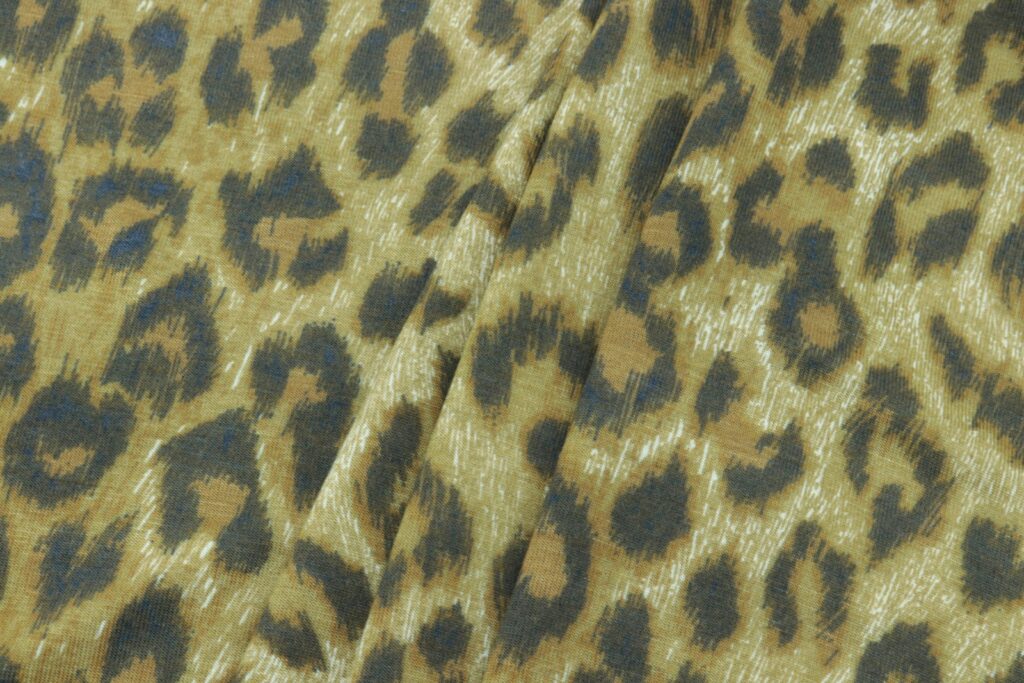
Souvenirs crafted from exotic woods, animal bones, shells, or feathers may look appealing, but they can come from species protected by the Convention on International Trade in Endangered Species of Wild Fauna and Flora (CITES). Exporting or importing these without appropriate permits is illegal and carries fines. Even vendors may not always have genuine export licenses. Always check sourcing and ask for documentation, or choose ethically made items instead.
9. Religious or Cultural Heritage Items

Objects of cultural or religious significance, such as temple carvings, ritual objects, or relics, are sometimes protected under national export laws. Removing them may be considered disrespectful or illegal, depending on the jurisdiction. For example, a carved icon you buy from a street market may turn out to be culturally protected. Consider taking a photograph of your favorite piece of art instead of buying from a licensed shop that provides export documentation.
10. Raw Precious Gems or Metals
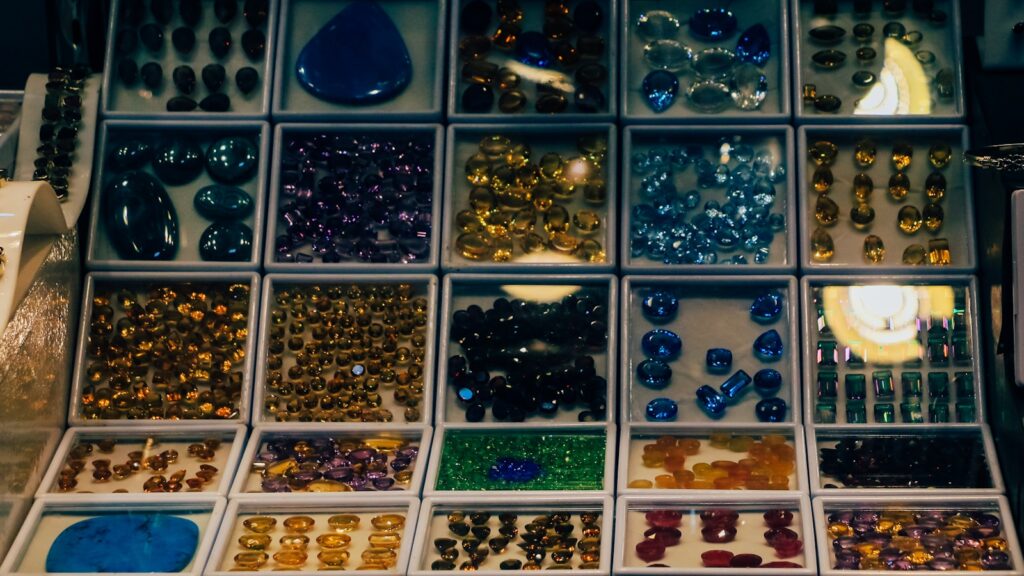
Raw gemstones, unrefined gold or silver, and other mineral materials may be tightly regulated by countries to prevent smuggling and protect national resources. Buying raw or unregistered stones may lead to confiscation or fines at customs. To avoid issues, purchase from certified jewelers who provide legal paperwork or buy finished jewelry items that comply with export regulations.
11. Wooden Carvings from Protected Trees
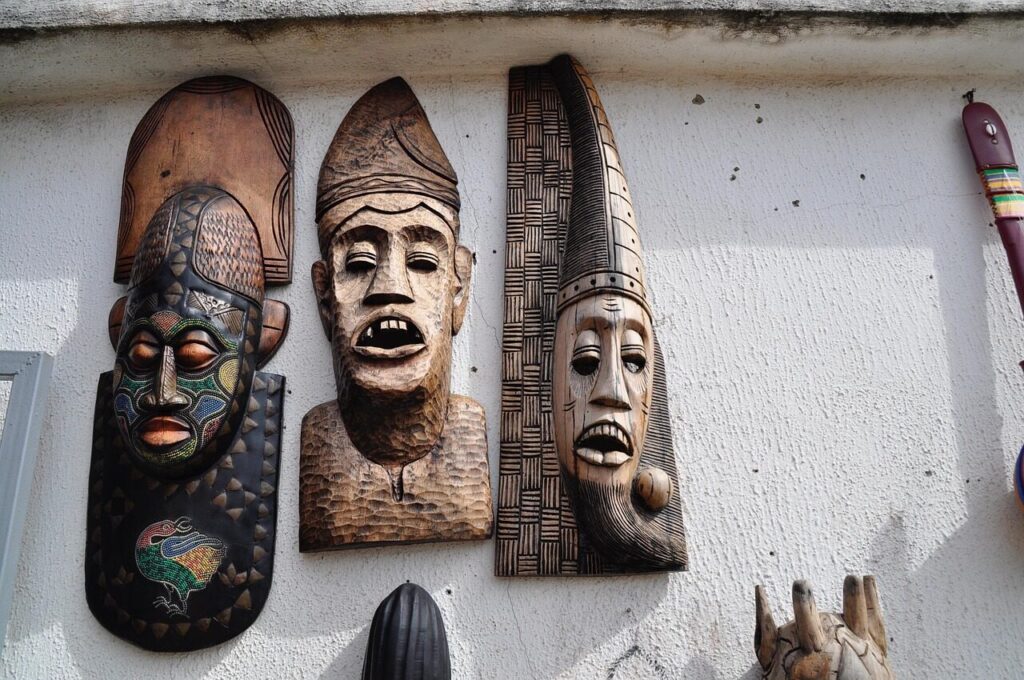
Crafts made of exotic woods such as rosewood or mahogany may seem beautiful and natural, but come from endangered tree species. International agreements restrict trade in certain woods, and many countries require export permits. Bringing such items home without documentation may violate those protections. Instead, look for souvenirs made from sustainably sourced wood or alternative materials certified as legal.
12. Endangered Plant Species or Seeds
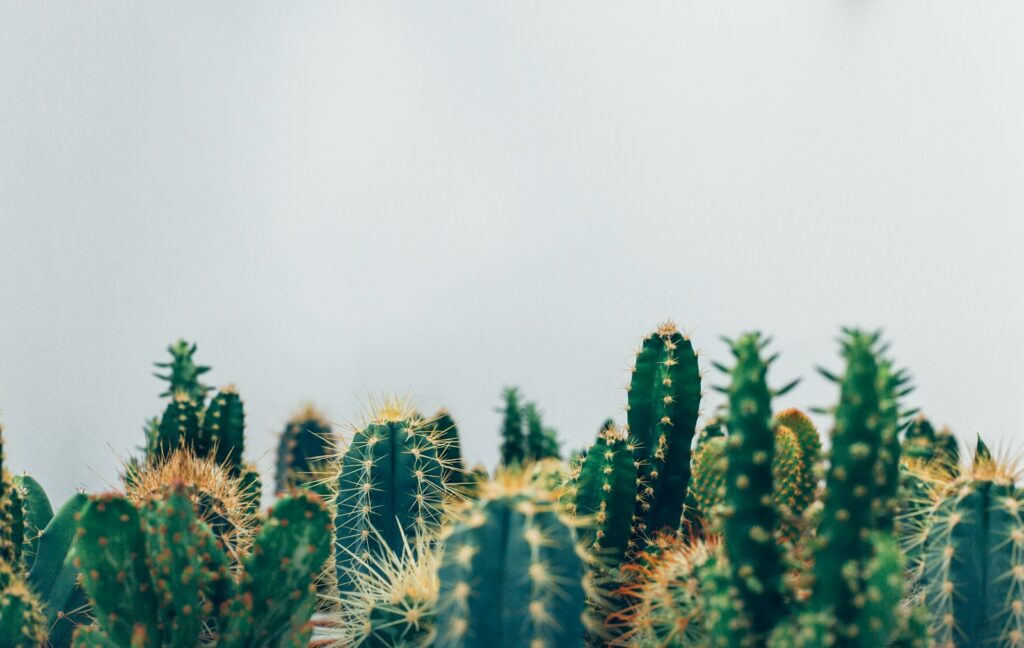
Some travelers may aim to bring home unusual plants or seeds, but many countries protect their native flora and require special documentation for export. Transporting endangered plants, cacti, or seeds without permits not only risks fines but can harm biodiversity. Safe alternatives include taking photographs, buying nursery-grown plants that are legal to export, or purchasing seeds from reputable international suppliers that comply with regulations.
Comments